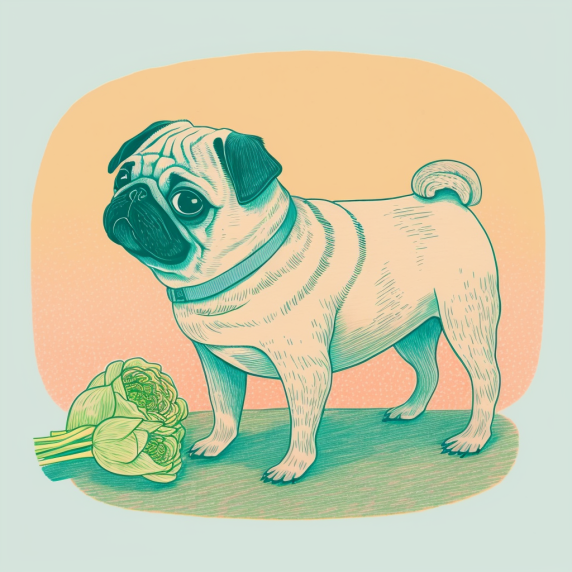Pets are an integral part of our lives, and we all want them to lead a healthy and happy existence, especially when it comes to the right pet food. One critical factor in their wellbeing is what they eat – feeding your furry friend the correct nutrition is key for their overall wellbeing and longevity. With so many options available on the market, selecting what’s best for your pup can seem overwhelming. In this article, we’ll help you pick out the ideal food by exploring pet nutrition, wellness, and pet food safety together.
Understanding Pet Food
Pet food is specifically tailored for pets and comes in various forms like dry kibble, wet food and semi-moist food. It contains various ingredients like meat, vegetables, grains as well as vitamins and minerals. Unfortunately not all pet foods are created equal – the quality of ingredients used can vary significantly.
Reading the Ingredients List
When selecting pet food, it’s essential to read the ingredients list carefully. Choose high-quality sources of protein such as chicken, fish or lamb on this list; avoid pet food that contains fillers such as corn or wheat as these do not provide any nutritional benefit to your pup.
Check out our post about “5 Common Pet Health Problems and How to Prevent Them“
Identifying Additives and Preservatives
Pet food may contain additives and preservatives to enhance flavor and shelf life. Unfortunately, some of these chemicals can be hazardous for your pet’s health; look for pet food that uses natural preservatives like tocopherols (vitamin E) or rosemary extract instead.

Understanding Pet Nutrition
Pet nutrition refers to the essential nutrients your pet requires for good health. These include proteins, carbohydrates, fats, vitamins and minerals. Offering your furry friend a balanced and nutritious diet is essential for their overall wellbeing and wellbeing.
Understanding Nutritional Requirements
Different pets have different nutritional requirements based on their age, breed, size and activity level. Consult your veterinarian to determine the most suitable diet for your furry friend; they can identify the precise balance of essential nutrients that promotes good health. Check out Ollie a healthy dog food made with real, human-grade ingredients, tailored to your pup’s unique nutritional needs.
Choosing the Right Type of Food
What type of food you feed your pet has a significant effect on their nutritional intake. Dry kibble is often chosen due to its convenience; it can be left out all day. Wet food may be better suited for pets with dental issues or those needing extra hydration.
Understanding Pet Wellness
Pet wellness refers to your pet’s overall physical and psychological well-being. This can be affected by several factors such as diet, exercise, and mental stimulation.
The Impact of Diet on Pet Wellness
Feeding your pet a nutritious diet can have an immense effect on their wellbeing. A balanced diet helps them maintain a healthy weight, encourages proper digestion, and strengthens their immunity. Conversely, feeding them an unhealthy diet may result in obesity, digestive issues, or weakened immunity.
The Importance of Exercise and Mental Stimulation
Diet is important, but exercising and stimulating your pet mentally are equally as essential for their overall wellness. Regular physical activity helps your pup keep a healthy weight and helps protect them against obesity-related health issues. Mental stimulation such as playtime or training keeps pets mentally sharp while helping to combat boredom.
Conclusion
Selecting the optimal food for your pet’s health requires an understanding of pet food, nutrition and wellness. Reading labels carefully, understanding nutritional requirements and considering how diet affects wellness can help you make an informed decision when selecting pet food. Remember to consult with your veterinarian for guidance and provide regular exercise and mental stimulation for optimal health and well-being. Check out Just Answer Dog Veterinary. A online chat where you can ask a question and get an answer from a verified expert veterinarian.
Check out our post about “The Importance of Regular Veterinary Check-Ups for Your Pet“
FAQs
- How often should I feed my pet?
- It depends on your pet’s age, size, and activity level. Generally, adult dogs should be fed twice a day, and cats should be fed several small meals throughout the day. Consult with your veterinarian to determine the optimal feeding schedule for your pet.
- Can I feed my pet human food?
- While some human foods are safe for pets, many are not. Some human foods can be toxic to pets, while others can lead to digestive issues or obesity. Always consult with your veterinarian before feeding your pet human food.
- Should I feed my pet wet or dry food?
- The type of food you choose for your pet depends on their individual needs. Wet food may be a better option for pets with dental issues or those that require additional hydration. Dry kibble is convenient and can be left out all day. Consult with your veterinarian to determine the best type of food for your pet.






